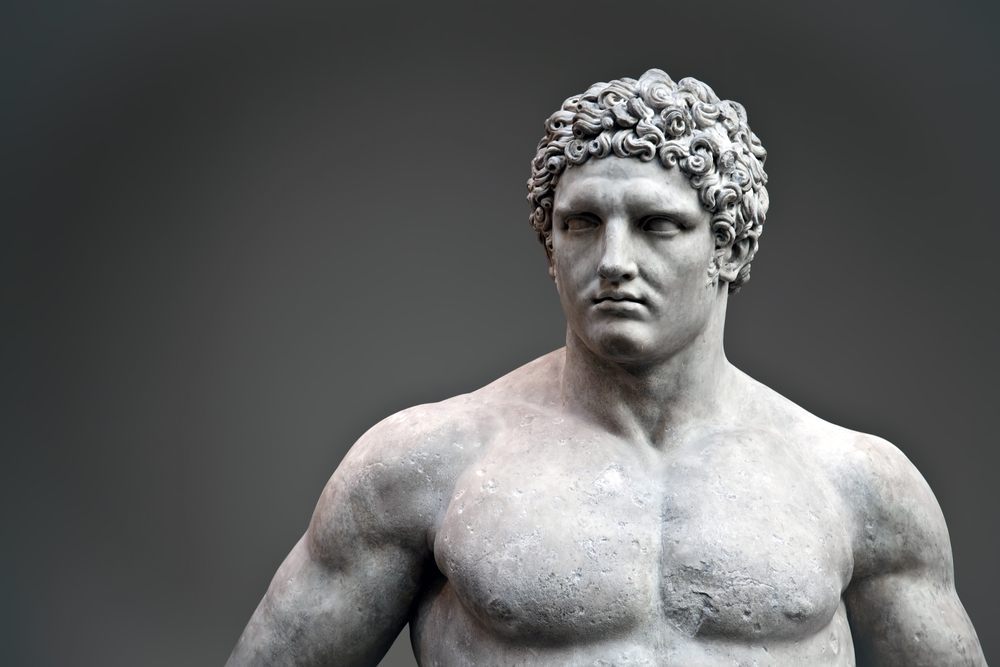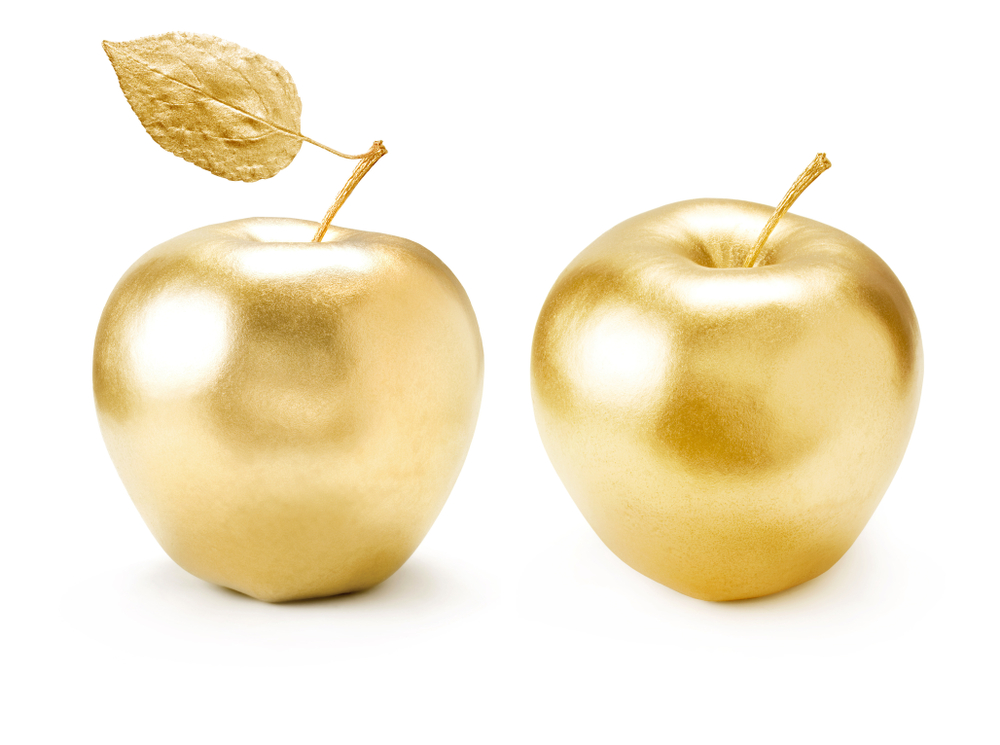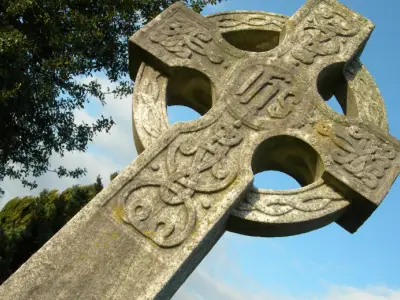Hercules is one of the most iconic figures in Greek mythology. Whether you're a mythology enthusiast, a student, or simply curious about ancient stories, this blog explores Hercules' myths, legends, and powers.
Jump to:
- Who is Hercules?
- What is Hercules The God of?
- The Birth and Early Life of Hercules
- Education and Training
- The Twelve Labours of Hercules
- The Constellation Hercules
- The Moral and Symbolism of Hercules' Story
- Hercules' Family and Relationships
- The Death and Legacy of Hercules
- Frequently Asked Questions about Hercules
- Study Greek Mythology for £29
Who is Hercules?

Hercules, known as Heracles in Greek mythology, is one of the most celebrated heroes of ancient Greece. His name might conjure images of incredible strength, bravery, and epic adventures, and for good reason. He was the son of Zeus, the king of the gods, and Alcmene, a mortal woman. This divine parentage made Hercules a demigod, endowed with extraordinary abilities.
What is Hercules The God of?
Hercules is not a god in the traditional sense but rather a demigod. He is known primarily for his incredible strength and heroic feats. After his death, he was granted immortality and became a god, often associated with strength, heroes, and protection.
Recommended for you!
Best SellersThe Birth and Early Life of Hercules
Hercules was born in the city of Thebes, and his early life was marked by challenges and divine interference. From birth, he was a target of Hera's wrath. Hera, Zeus' wife, was infuriated by her husband's infidelity and sought to torment Hercules. According to myth, she sent two serpents to kill the infant Hercules in his crib, but even as a baby, Hercules' strength was unmatched. He strangled the snakes with his bare hands.
Education and Training
As he grew, Hercules was trained in various skills by respected tutors. He learned chariot driving from Amphitryon, wrestling from Autolycus, archery from Eurytus, and music from Linus. His training prepared him for the numerous challenges he would face throughout his life.
The Twelve Labours of Hercules
One of the most famous aspects of Hercules' legend is his Twelve Labours, a series of tasks he was compelled to complete. These labours were a penance for a crime he committed in a fit of madness induced by Hera. To atone, Hercules had to serve King Eurystheus and perform seemingly impossible tasks.
The First Labour: The Nemean Lion
Hercules' first task was to slay the Nemean Lion, a beast with impenetrable skin. Hercules used his immense strength to strangle the lion, then skinned it using its own claws and wore the pelt as armour.
The Second Labour: The Lernaean Hydra
Next, Hercules faced the Lernaean Hydra, a serpent-like creature with multiple heads. Each time he cut off a head, two more would grow in its place. With the help of his nephew Iolaus, Hercules cauterised the necks after decapitation to prevent regrowth and finally defeated the Hydra.
The Third Labour: The Ceryneian Hind
Hercules was tasked with capturing the Ceryneian Hind, a sacred deer of Artemis. He pursued the swift creature for a year before finally capturing it.
The Fourth Labour: The Erymanthian Boar
Hercules captured the Erymanthian Boar by driving it into thick snow, then carried the enormous creature back to Eurystheus.
The Fifth Labour: The Augean Stables
In a single day, Hercules cleaned the vast and filthy stables of King Augeas by redirecting the courses of two rivers to wash out the filth.
The Sixth Labour: The Stymphalian Birds
Hercules was assigned to drive away a flock of man-eating birds with metallic feathers. Using a rattle given to him by Athena, he frightened the birds into the air and shot them down with his arrows.
The Seventh Labour: The Cretan Bull
Hercules subdued the Cretan Bull, a fierce beast terrorising Crete, and brought it back to Eurystheus.
The Eighth Labour: The Mares of Diomedes
Hercules tamed the man-eating horses of the Thracian king Diomedes by feeding the king to his own horses, calming them sufficiently to bring them back to Eurystheus.
The Ninth Labour: The Girdle of Hippolyta
Hercules was sent to retrieve the girdle of Hippolyta, the queen of the Amazons. Although initially given willingly, Hera stirred up trouble, leading to a battle in which Hercules obtained the girdle.
The Tenth Labour: The Cattle of Geryon
Hercules had to travel to the end of the world to fetch the cattle of the three-bodied giant Geryon. He killed Geryon and his guard dog, Orthrus, and herded the cattle back to Greece.
The Eleventh Labour: The Apples of the Hesperides
Hercules' penultimate task was to retrieve golden apples from the garden of the Hesperides. He enlisted the help of Atlas, who held up the sky, to fetch the apples while Hercules took on his burden.
The Twelfth Labour: Cerberus
The final labour was to capture Cerberus, the three-headed guard dog of the Underworld. Hercules subdued Cerberus with his strength and brought him to Eurystheus, completing his twelve labours.
The Constellation Hercules

In honour of his heroic deeds, the gods placed Hercules among the stars as a constellation. The constellation Hercules is one of the largest in the night sky and serves as a reminder of his legendary status.
The Moral and Symbolism of Hercules' Story
Hercules' story is rich with moral lessons and symbolism. It teaches about the consequences of pride, the value of perseverance, and the importance of atonement. Hercules' trials and triumphs reflect the human condition, embodying both the struggles and the potential for greatness within us all.
Hercules’ Powers
Hercules is synonymous with strength, courage, and resilience. His divine heritage granted him powers far beyond those of ordinary mortals, including:
Superhuman Strength
Hercules' strength was his most notable trait. He could perform feats that were impossible for others, such as wrestling monsters and lifting immense weights.
Courage and Bravery
Throughout his life, Hercules faced countless dangers with unwavering bravery. His willingness to confront terrifying beasts and undertake perilous tasks made him a symbol of heroic courage.
Endurance
The numerous trials Hercules endured showcase his incredible endurance. Despite immense challenges and suffering, he persevered and completed his labours.
Hercules' Symbols

Hercules is associated with several symbols that reflect his character and mythological significance. Here are some of the most notable symbols linked to Hercules:
- Lion Skin: The pelt of the Nemean Lion, which Hercules wore as armour.
- Club: A large wooden club often depicted as his weapon of choice.
- Bow and Arrows: Used to slay many of his enemies, including the Stymphalian Birds.
- Hercules Knot: A symbol of strength and protection, often used in ancient Greek jewellery.
- Cerberus: The three-headed dog he captured during his twelfth labour, representing his victory over death and the underworld.
- Golden Apples: The apples of the Hesperides, symbolising his successful completion of arduous tasks.
- Olive Tree: A symbol of peace and victory, sometimes associated with Hercules due to his athletic prowess and competitions.
Hercules' Family and Relationships
Hercules' family life was marked by both love and tragedy. He married several times and had numerous children.
Megara: The First Wife
Megara, the daughter of King Creon of Thebes, was Hercules' first wife. They had children together, but in a tragic turn, Hercules, driven mad by Hera, killed his own family in a fit of rage. This act of madness led to his penance of the Twelve Labours.
Deianira: The Second Wife
Hercules' second wife, Deianira, played a key role in his life and death. She unwittingly caused his demise by giving him a poisoned tunic, thinking it would ensure his faithfulness. The poison caused unbearable pain, leading Hercules to build a funeral pyre and end his life.
Other Relationships
Hercules had many lovers, both male and female, reflecting the norms of ancient Greek society. His relationships often had significant mythological implications.
The Death and Legacy of Hercules
Hercules' death was as dramatic as his life. Poisoned by Deianira's tunic, he chose to die with dignity rather than suffer endlessly. His mortal body was consumed by flames, but his divine essence ascended to Mount Olympus, where he was granted immortality and married the goddess Hebe.
Recommended for you!
Best SellersFrequently Asked Questions about Hercules
What is the difference between Hercules and Heracles?
Hercules is the Roman name for the hero known in Greek mythology as Heracles. While the myths and stories are essentially the same, the names differ due to the cultural variations between Roman and Greek traditions.
How does Hercules die?
Hercules died as a result of wearing a poisoned tunic given to him by his wife, Deianira. The poison caused unbearable pain, leading Hercules to build a funeral pyre on Mount Oeta, where he ended his life.
Who killed Hercules?
Hercules was indirectly killed by his wife, Deianira, who gave him a poisoned tunic, thinking it would ensure his faithfulness. The poison caused him such agony that he chose to end his life on a funeral pyre.
Did Hera ever forgive Hercules?
There is no clear mythological account indicating that Hera ever forgave Hercules. She remained his adversary throughout his life, constantly placing obstacles in his path.
Who were the male lovers of Hercules?
Hercules had several male lovers, the most notable being Iolaus, his nephew and companion. These relationships were a common aspect of ancient Greek culture and were often seen as bonds of deep friendship and mentorship.
How many children did Hercules have?
Hercules had numerous children, known as the Heracleidae, from various relationships. Among them, his children with Megara and Deianira are the most famous. The exact number varies in different myths.
What is Hercules' real name?
Hercules' real name is Heracles, which means "glory of Hera" in Greek. The name Hercules is the Latinised version used by the Romans.
What was the worst thing Hercules did?
The worst thing Hercules did, driven mad by Hera, was kill his wife Megara and their children. This tragic event led to his Twelve Labours as penance.
What is the moral of the story of Hercules?
The story of Hercules teaches about the consequences of pride, the importance of perseverance, and the need for atonement. His trials and tribulations reflect the human condition and the potential for greatness despite adversity.
Who was Hercules hated by?
Hercules was hated by Hera, the wife of Zeus, due to Zeus' infidelity with Hercules' mother, Alcmene. Hera's hatred led her to constantly torment Hercules throughout his life.
What are three interesting facts about Hercules?
- Hercules was both a hero and a god: After his death, he was granted immortality and became a god, often associated with strength and protection.
- Hercules' twelve labours were a penance: He undertook these immense tasks as a way to atone for killing his family in a fit of madness induced by Hera.
- Hercules had numerous lovers: He had relationships with both men and women, reflecting the norms of ancient Greek society.
What is Hercules a metaphor for?
Hercules is a metaphor for the human condition, embodying both extraordinary strength and significant vulnerability. His story reflects themes of struggle, redemption, and the quest for immortality.
What animal represents Hercules?
The lion, particularly the Nemean Lion, represents Hercules. He is often depicted wearing the lion's skin as a symbol of his strength and victory over formidable challenges.
What colour is Hercules associated with?
Hercules is often associated with the colour of the lion's pelt, typically depicted as golden or tawny, symbolising his heroic and royal stature.
What is Hercules' weakness?
Hercules' main weakness was his temper and susceptibility to madness, often induced by Hera. This flaw led to some of his greatest tragedies, including the killing of his own family.
What was Hercules' sin?
Hercules' greatest sin was the murder of his wife Megara and their children, committed in a fit of madness sent by Hera. This act led to his undertaking of the Twelve Labours as a form of penance.
Study Greek Mythology for £29
If you're fascinated by Hercules and Greek mythology, why not deepen your understanding with our Greek Mythology Diploma Course at Centre of Excellence? This fascinating course offers an in-depth exploration of the myths, legends, and cultural significance of ancient Greece. By enrolling today, you can enjoy a discounted price of just £29.













